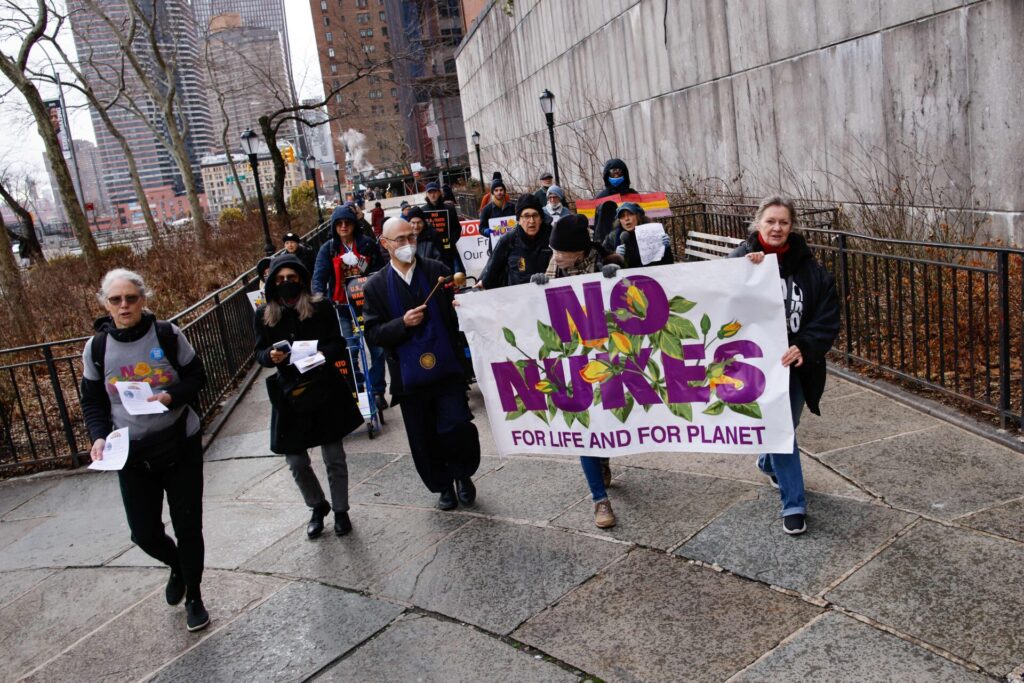In the words of Melissa Parke, the executive director of the International Campaign to Abolish Nuclear Weapons (ICAN), “Nuclear deterrence may well work until the day it doesn’t.” What happens when nuclear deterrence fails? The problem is that it is impossible to create a plan for that day.
| January 22, 2024 thebulletin.org

In a deeply misguided article in this publication, Zachary Kallenborn contends that the Treaty on the Prohibition of Nuclear Weapons (TPNW) is a threat to humanity. To build this narrative, Kallenborn does not simply present nuclear deterrence as a stable and useful framework for avoiding conventional wars. Rather, he goes beyond the common deterrence arguments to assert that nuclear weapons restrain world wars, which allows nations to work together on addressing existential threats. Nothing could be further from the truth.
Nuclear deterrence is a myth. Nuclear deterrence involves a nation state maintaining a believable threat of retaliation to deter an adversary’s attack. This relies on demonstrations of the readiness and the capacity to use nuclear weapons—a highly dangerous form of bluff which, in turn, makes those targeted increase their hardware and rhetoric. We are currently witnessing this kind of escalation among several nuclear weapon possessor states, which could result in nuclear war.
Nuclear deterrence rests on decision makers always behaving rationally; even if different states and parties weigh values, threats, and possible consequences in the same way, individual leaders do not always behave rationally.
